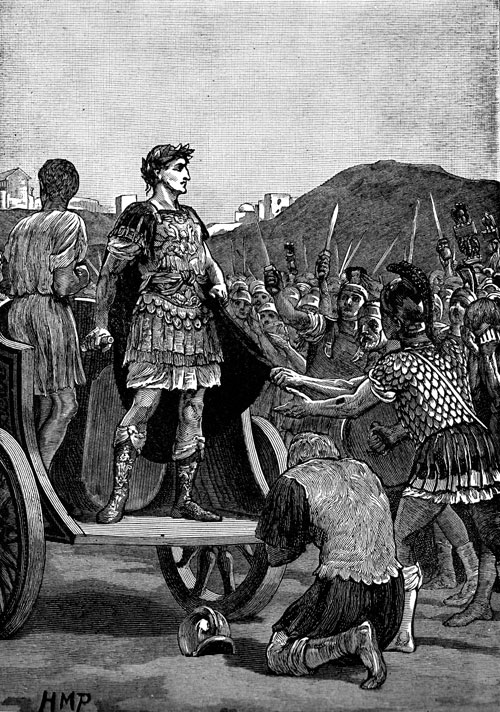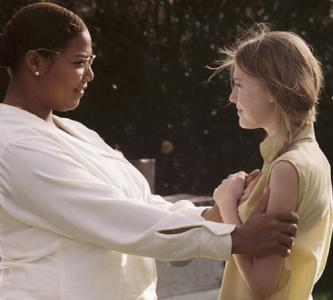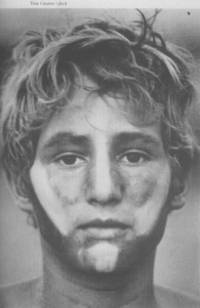Gene Forrester is a southern-boy from Georgia, and he soon bonds with Finny, a boy from upstate Boston. In the summer of 1942, Finny and Gene form the "Super Suicide Society of the Summer Session". The initiation process of this society involves each member to jump out of a large, high tree into the Devon River.
It's important to understand the nature and characteristics of both Gene and Finny in order to analyze and understand their relationship, as well as their thoughts and actions. Gene is highly academic and intelligent, and he's a very thoughtful and cautious boy. Once again, this is the opposite of Finny, who is a stellar athlete and loved by everyone he meets. Finny is considered to be one of the most popular and candid boys at Devon, and he gets away with almost anything--which coincides perfectly with his rebellious streak and compulsive need to have a good time. Although Finny and Gene's friendship seems almost perfect, Gene's character slowly starts to develop and he begins to grow envious towards Finny, which ultimately results in bitter hostility and what can sometimes be interpreted as abhorance. Finny remains oblivious to Gene's deep-seated anger towards him though, and Finny continues to view Gene as his best friend.
Eventually, Gene's hostility comes to life in physical form when one day he and Finny are jumping off the tree into the river together. As the boys are about to jump, Gene heinously jounces the limb and Finny falls off, shattering his leg. This act of violence evokes Gene to feel utter contrite when he finds out Finny is unable to play sports again, and Finny refuses to admit that it was Gene who caused his injury, even after multiple confrontations regarding the situation. At the end of chapter 11 (where I last left off), Finny had fallen down a flight of marble stairs after a meeting set up by Brinker Hadley, in his attempts to force Gene into admitting he was responsible for Finny's accident.
I think a major theme in this novel is that of inner conflict, and the inner enemy that can harbor inside a person. Gene is the perfect example for this inner conflict, which he feels regarding his friendship with Finny. It's apparent that Gene is hostile towards Finny, and disapproves of most of his actions. Yet Gene continues to act as his best friend, while struggling with his internal confusion. A possible question raised when analyzing Gene's problem is how closely outer and inner conflicts are tied together, and how does one effect the other?
This blog has a list of quotes and analyses on the nature of inner and emotional conflicts, and I think many of them relate to Gene's situation--his secret anger, hatred, and animosity for Finny, as opposed to his continuation to be Finny's best friend.
Another very prevalent theme in the novel is that of war. World War II has a heavy impact on Devon and all the boys that go there. Many of the boys' fears surface from their fear of war, and being enlisted. During a time of political and world turmoil, the boys are forced to struggle with the realization that they must grow up, and face the events that may await them--specifically the war.
Today, everyone in America is fully aware of the Iraq and Afghanistan war that the United States is involved in, and there are evident effects of these wars on children and teenagers across the world. While reading A Separate Peace, it's easy to see the kind of effects World War II has on the boys at Devon, and these same effects can be seen in kids today, especially in places where the war is actually happening.
This article highlights the lives of children living in Iraq, and the way the war effects their lives and family, an issue that seems to constantly be prevalent throughout the world, then and now.






















